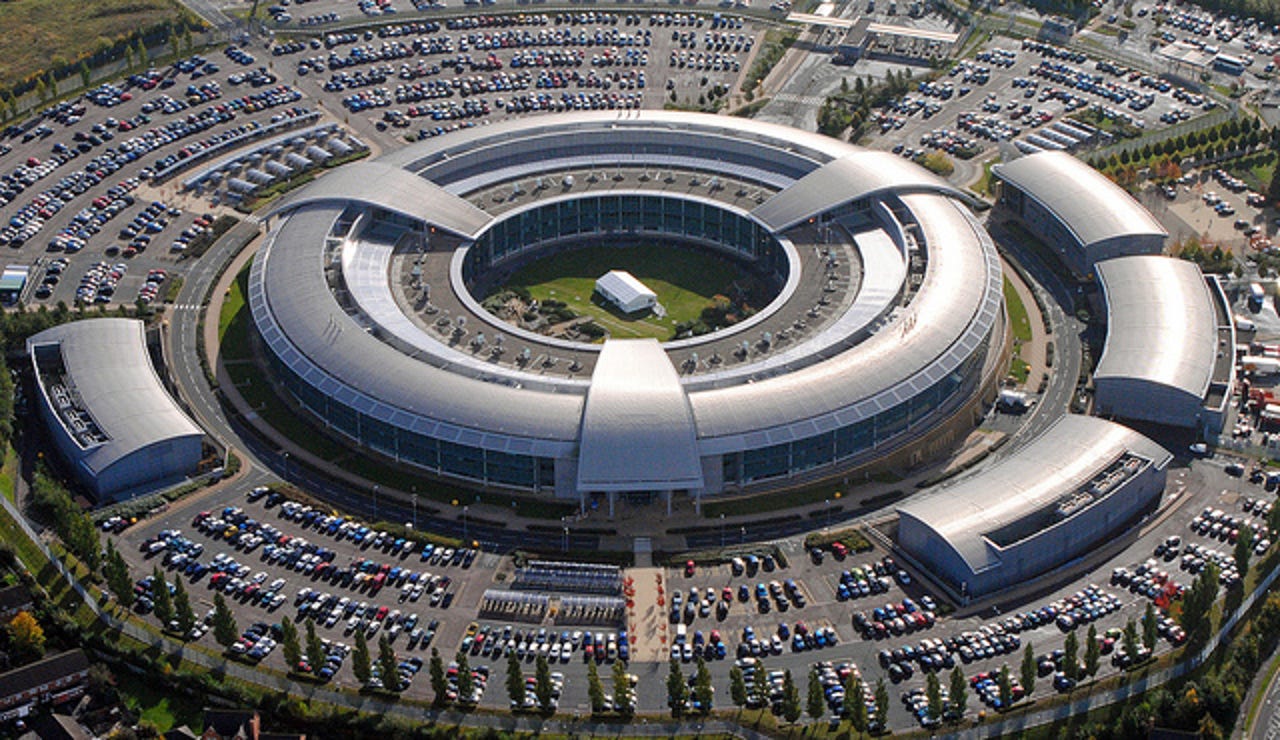Web snooping law moves ahead, despite warning about 'suspicion-less surveillance'


The government says agencies such as GCHQ need more powers, and more data, to combat criminals online.
The UK government's controversial web-surveillance legislation has passed its latest parliamentary hurdle, but faced some pointed criticism in the process.
The Investigatory Powers Bill aims to update and consolidate many of the powers used by police, spies, and other agencies to gather data online.
The government insists the new law is needed to keep pace with the increasing use of the internet by criminals: critics warn that it intrudes too far into the private lives of too many.
In particular, the legislation requires that internet companies retain a record of their customers' internet usage for 12 months, which can be accessed by a range of government bodies without the need for a warrant.
In the second reading of the bill in Parliament, home secretary Theresa May said the legislation is required because terrorists and criminals are operating online with a reach and scale that never existed before.
"They are exploiting the technological benefits of the modern age for their own twisted ends, and they will continue to do so for as long as it gives them a perceived advantage. We must ensure that those charged with keeping us safe are able to keep pace."
She acknowledged that interception of communications "is one of the most sensitive and intrusive capabilities available to law enforcement" but said it is also one of the most valuable, and over the past decade has played a part in every top-priority MI5 investigation.
The bill passed its second reading by 281 votes to 15 with both Labour and the SNP abstaining, although the legislation will face much more scrutiny before it becomes law.
Shadow home secretary Andy Burnham saidthe bill was "not yet worthy of support" and contained significant weaknesses.
"There is a genuine worry that providing for the accumulation of large amounts of personal data presents risks to people's privacy and online security. More specifically, there is a worry that investigatory powers can be abused and have been abused in the past. In recent years, there have been revelations about how bereaved families, justice campaigners, environmental campaigners, journalists, and trade unionists have been subject to inappropriate police investigation."
He called for clearer privacy protection in the bill, and warned that it was much too easy for agencies to get access to an individual's browsing history.
"Is it acceptable for this level of personal information to be accessed in connection with any crime -- antisocial behaviour or motoring offences, for instance? I do not believe it is, and I think a higher hurdle is needed," Burnham said.
"People have legitimate fears that if [internet connection records] become the common currency in law enforcement, much more information will be circulating about them, with the potential for it to be misused.
"Is it really necessary for the Food Standards Agency and the Gambling Commission to have powers to access an individual's internet connection record?"
In addition, Joanna Cherry, Scottish National Partyspokesperson on justice and home affairs, warned that the bill is "a rushed job" that does not go far enough to protect civil liberties.
"The shadow Home Secretary questioned whether we should be using the term "mass surveillance" in relation to this bill, and I wonder whether it would be more accurate to say that aspects of the bill permit "suspicion-less surveillance", which leads to civil liberties concerns," she said.
"The powers to retain internet connection records and the bulk powers go beyond what is currently authorised in other Western democracies and thus could set a dangerous precedent and a bad example internationally."
She noted that internet connection records list details such as websites visited, communications software used, system updates downloaded, desktop widgets, every mobile app used, and logs of any other devices connected to the internet.
"I am advised that that includes baby monitors, games consoles, digital cameras, and e-book readers. That is fantastically intrusive. As has been said, many public authorities will have access to these internet connection records, including Her Majesty's Revenue and Customs, and the Department for Work and Pensions, and it will be access without a warrant. Do we really want to go that far?" she said.
Read more on web surveillance
- The government's encryption plans remain impossible to decipher
- The new art of war: How trolls, hackers and spies are rewriting the rules of conflict
- Inside the secret digital arms race: Facing the threat of a global cyberwar
- Surveillance laws need rethink, but bulk collection of web data will continue
- The undercover war on your internet secrets: How online surveillance cracked our trust in the web
- The impossible task of counting up the world's cyber armies
- Encryption: More and more companies use it, despite nasty tech headaches